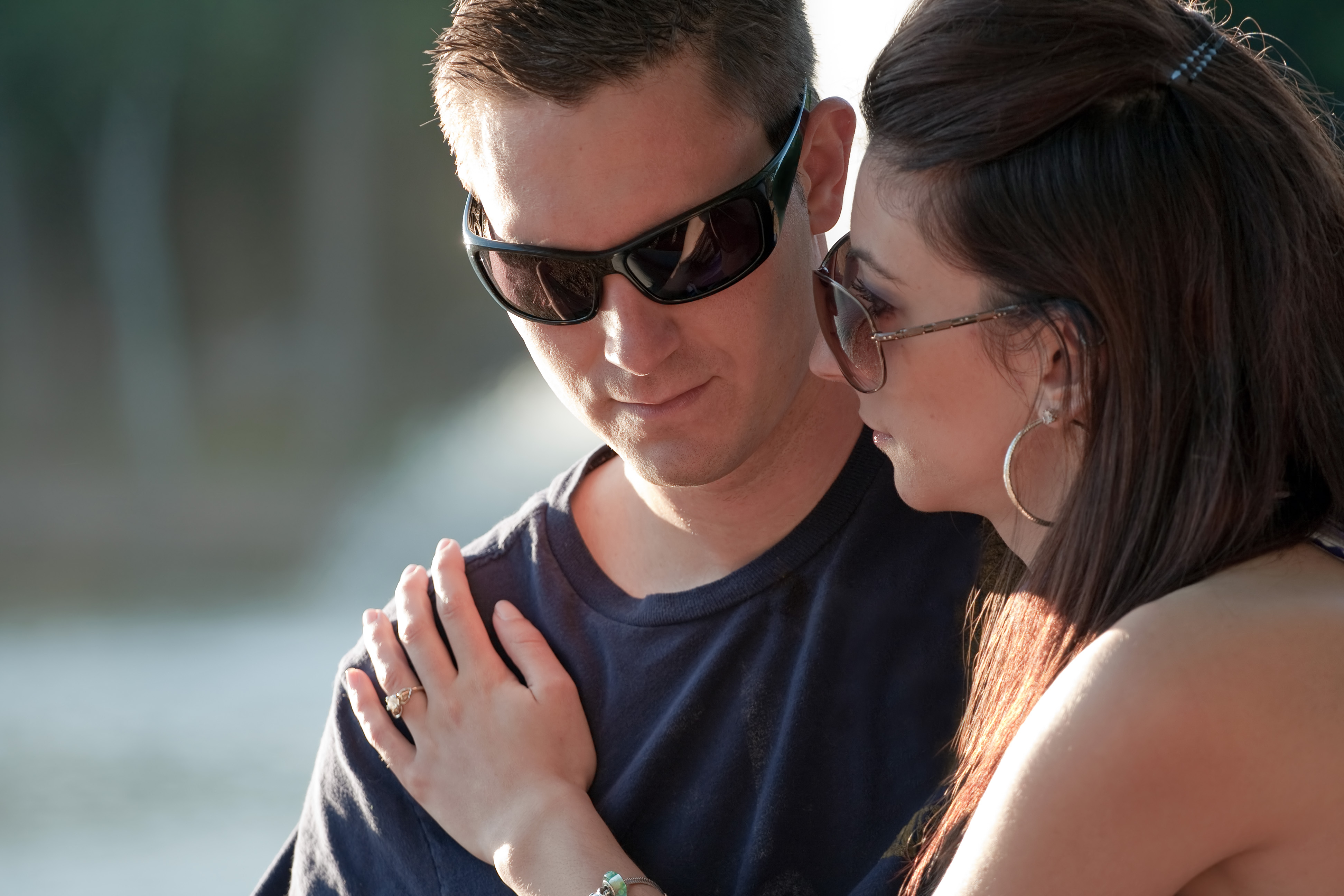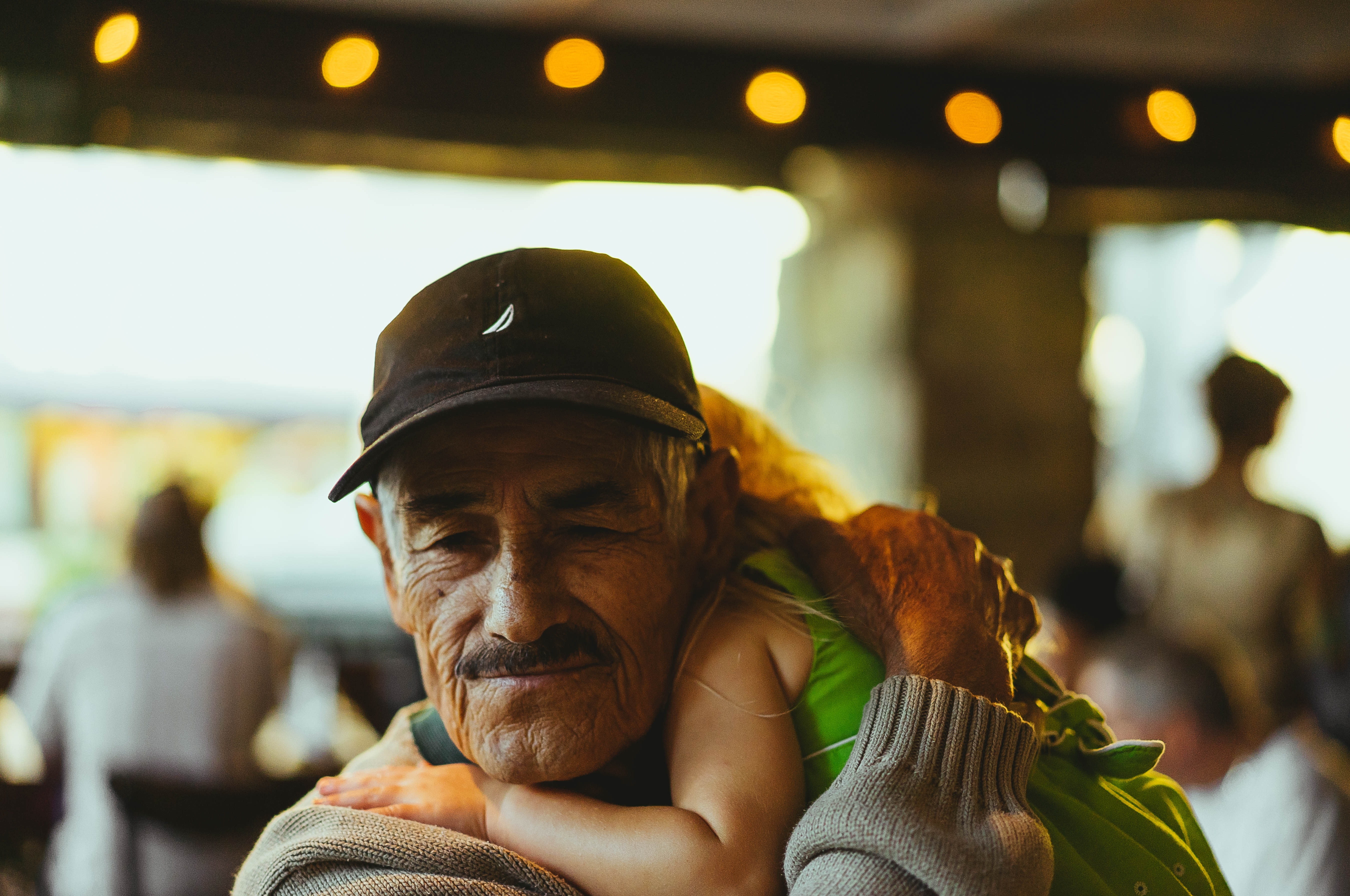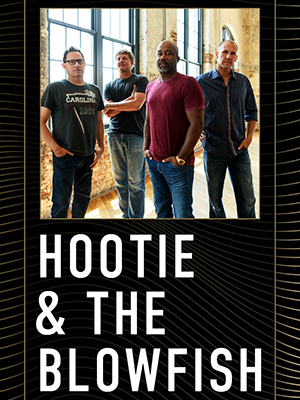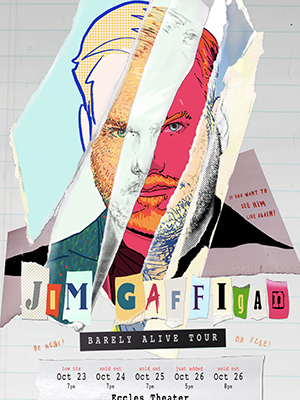3 Ways The Family of a Recovering Addict Can Heal
Positive support and love from a recovering addicts family during the recovery process is crucial to their success. It’s necessary to educate the family of a recovering addict about how addiction works. They need to know the way that it interferes with regular brain function. And they need to understand the best way to support their addicted family member.
By Eric Openshaw on September 19, 2018
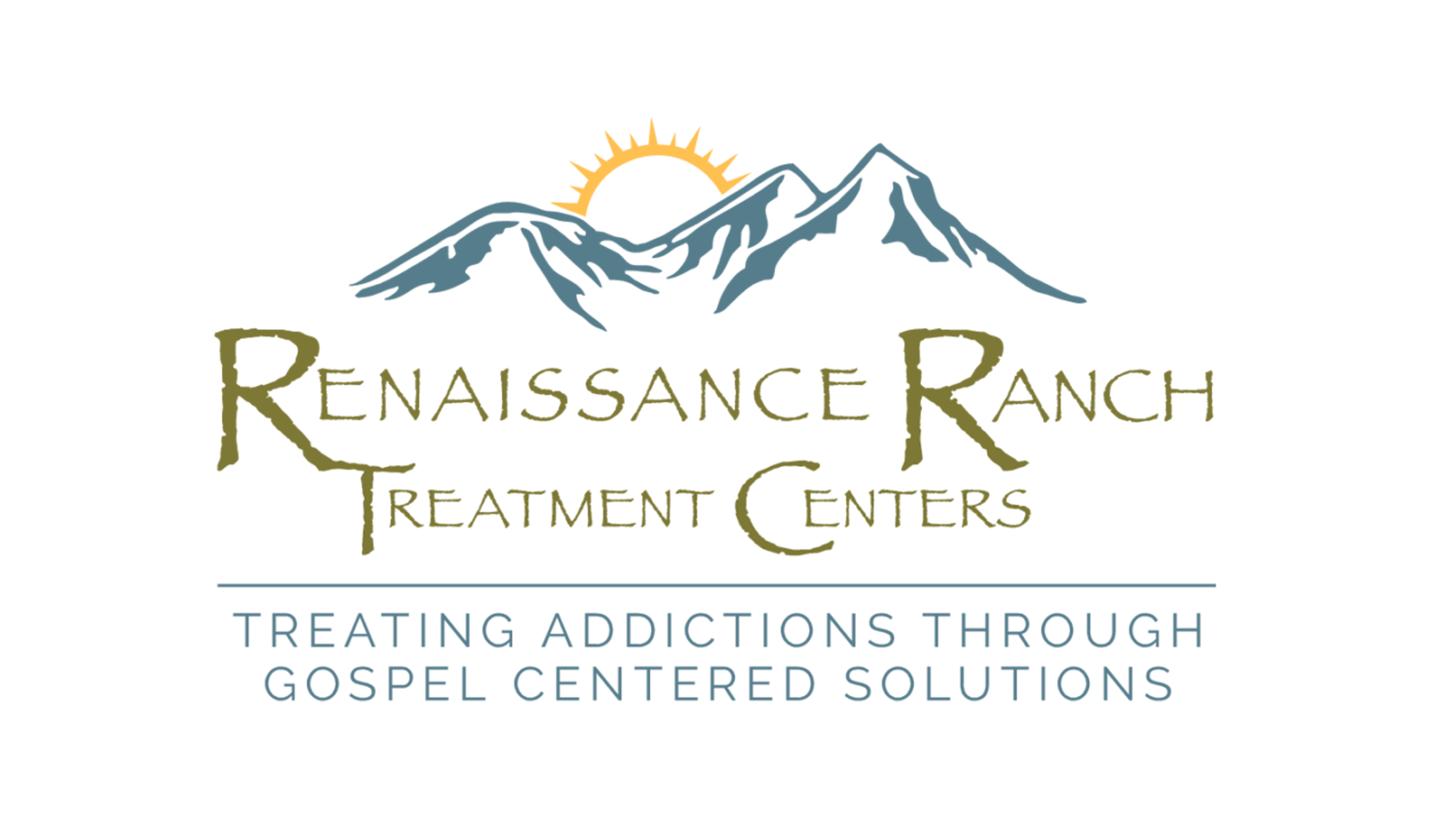 This article about healing families of a recovering addict is sponsored by Renaissance Ranch. Renaissance Ranch treats addictions through Christ-centered principles and clinically proven solutions.
This article about healing families of a recovering addict is sponsored by Renaissance Ranch. Renaissance Ranch treats addictions through Christ-centered principles and clinically proven solutions.
A Family’s Positive Support
Love and support from a recovering addict’s family are crucial to their loved one’s success. But first, the family of a recovering addict has to be educated about how addiction works. They need to understand the best way to support their addicted family member. Here are some tips that helped Utah mother and the Renaissance Ranch Family Group Director Christine Dixon. Christine has been working with the addicted and family members for over twelve years:
1. Your Recovery as a Recovering Addict’s Family
Addiction impacts family relationships because it is is a family illness. It brings out terrible emotions, thoughts, feelings, and behaviors that cripple family relationships. As loved ones of recovering addicts, the best thing you can do to restore your relationships is to work on your recovery. This isn’t an easy process. You’ll struggle along the way, but love and compassion go a long way to reaching a balance.
Christine Dixon says “What we didn’t realize at the time was that as family members, knowledge about recovery principles and practices would not only help us to more appropriately help our sons but would also help us heal in profound ways individually and as an entire family.”
Recovery isn’t something that happens overnight. It doesn’t even happen with some time in rehab. The idea that your loved ones can change long-term patterns of addiction after 30 or 60 days of treatment is pretty unrealistic. And, the idea that we can change long-term reactive and destructive patterns after attending one or two recovery meetings is unrealistic too.
2. Take Action To Encourage Recovery by Recognizing Sickness
Pay attention to the positive things in everyday. Bad days don’t seem as bad and good days become so much greater! #sober #recovery #justfortoday #letgoandletgod #soberlife #soberissexy #soberaf #sobermovement #recovery #recoveringaddict #addiction #addict #love #selflove
— Ashlee Croft (@AshleeCroft) July 28, 2018
The loves one in your life struggling to recover from addiction isn’t a bad person. They are a sick person who needs appropriate treatment to become well.
Christine Dixon says that “as a mother with two sons recovering from heroin addiction, I will be forever grateful someone told me to treat my sons’ addiction as though they had cancer. If they had cancer, I would research the best hospital, doctor, medication, and treatment. Learning that addiction is a chronic brain disease helped my husband and me to stop judging our sons for their seemingly poor choice and gave us a sense of urgency to find the best help possible for them.”
But will you suffer from relationship strain? You’ll need to be willing to learn how to recognize your own patterns of victimizing and enabling. You’ll need to recognize when you are upset, when you are sad, and when you feel guilty. This may be hard, but you can’t be a good support system for your struggling loved one if you can’t see your own negative behaviors and thoughts.
The good part? Recovery introduces you to healthier patterns of communication. And you’ll learn more appropriate responses for healing relationships hurt by addiction.
3. You Should Attend AA Meetings as the Family of a Recovering Addict
“The best advice I was given twelve years ago to help my sons, marriage, and family was for my husband and me to start attending 12 step addiction recovery meetings. This allowed us to become educated in the process of recovery. And to network with people who had found success and serenity amid the storm of addiction.” says Christine Dixon.
In the past, most treatment options have primarily targeted the addicted loved one. But, studies these days emphasize the involvement of family members in the recovery process. This can help encourage addicted loved ones to stay with their treatment.
As family members work through the 12 steps for themselves, they can become better at distinguishing that fine line between what is helpful vs. hurtful in family relationships.
Where Can You, or Someone You Love, Find Help?
So what’s the next step? The Renaissance Ranch offers free public Family Group education classes. Their programs include weekly education classes and therapy for the family, a 12-step family support program, and regular workshops. You can even reach out to Christine Dixon, the Renaissance Ranch Family Group Director directly at christine@renaissanceranch.com.
Addiction doesn’t just affect the addicted individual. It affects everyone that is close to them. That’s why Renaissance Ranch decided to include the family in the healing process by treating the entire family. Not just the addict.
You can also come to the Ceder City family addiction seminar event on October 16th at 105 North, 100 East in Ceder City, Utah from 7pm-9pm.

